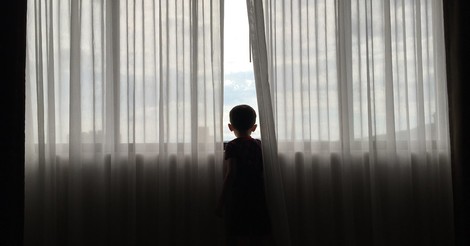Your podcast discovery platform
Curious minds select the most fascinating podcasts from around the world. Discover hand-piqd audio recommendations on your favorite topics.

piqer for: Climate and Environment Global finds Globalization and politics
I'm a freelance journalist, currently based in Madrid. I used to be a News Producer at CNBC in London before, but I thought a little bit more sun might do me good. Now I write for several news organizations, covering a range of topics, from Spanish politics and human rights for Deutsche Welle to climate change for La Marea.
Having Children On A Dying Planet
Would you have children on a dying planet? If you were certain that they would grow up in a nightmarish world, of the kind described by David Wallace-Wells, would you build a family? And would you have kids if that meant hurting Earth even more?
These are the questions American writer Roy Scranton asks himself in this short essay for The New York Times. I don't completely share his idea of global collapse, and I think that kids born in the first world today have a better chance to live a reasonably good life, even in a scenario of severe climate change, than people in most periods of history. However, his questions are very valid, and there's something that's almost certain: Children born today will have a worse life than you.
When I sing along with Elizabeth Mitchell’s version of “Froggie Went a-Courtin’,” I can’t help feeling like I’m betraying my daughter by filling her brain with fantastic images of a magical nonhuman world, when the actual nonhuman world has been exploited and despoiled.
I think the author's text is a call to action. He may be wrong to use the "do it for the children" call, as it has been proved that it doesn't quite work. But he's not just strategizing here. He really worries about his daughter, and that sincerity is not only touching but also rare.
The real choice we all face is not what to buy, whether to fly or whether to have children but whether we are willing to commit to living ethically in a broken world, a world in which human beings are dependent for collective survival on a kind of ecological grace.
I don't usually recommend opinion pieces here. I think they're much more polarizing and, usually, I prefer to find investigative stories or pieces of analysis. It's just my personal taste in journalism. This one, however, directly addresses a very big elephant in the room, and even if I don't completely agree with its premise, I think it's a good idea to bring it over.
